#Blacklivesmatter to the world: The international faces of New York’s protest march
Editor’s note: On Dec. 13, people marched in several large US cities to protest the killings by police of unarmed black men, provoked by the deaths of Michael Brown in Ferguson, Missouri, and Eric Garner in New York City. Though race and policing are a very American issue right now, many at the march in New York City were foreigners or foreign-born residents. Photographer Misha Friedman, himself a Russian-born American, went there to speak to and photograph some of them and find out what made them take part.—Gideon Lichfield
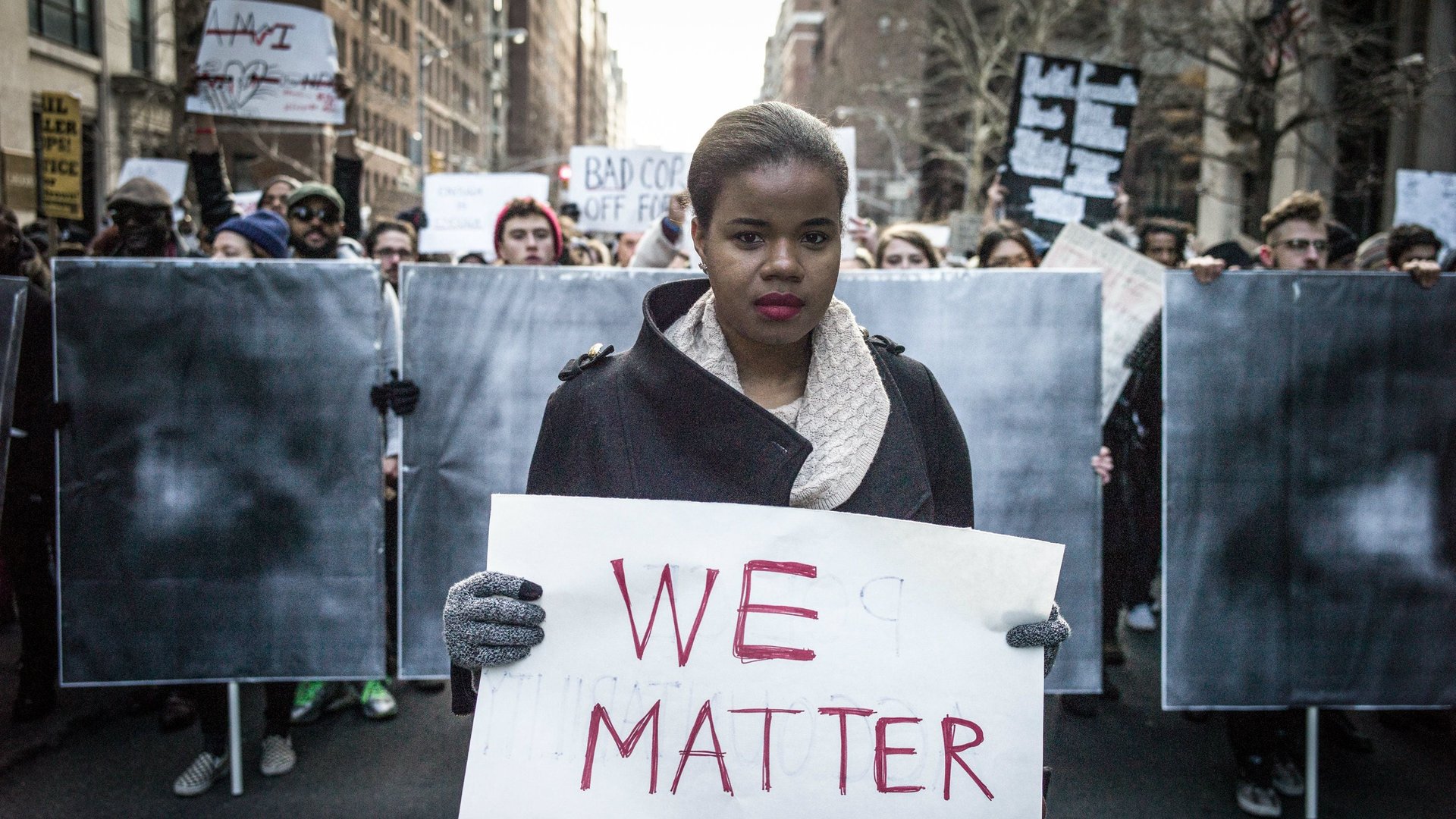

Editor’s note: On Dec. 13, people marched in several large US cities to protest the killings by police of unarmed black men, provoked by the deaths of Michael Brown in Ferguson, Missouri, and Eric Garner in New York City. Though race and policing are a very American issue right now, many at the march in New York City were foreigners or foreign-born residents. Photographer Misha Friedman, himself a Russian-born American, went there to speak to and photograph some of them and find out what made them take part.—Gideon Lichfield
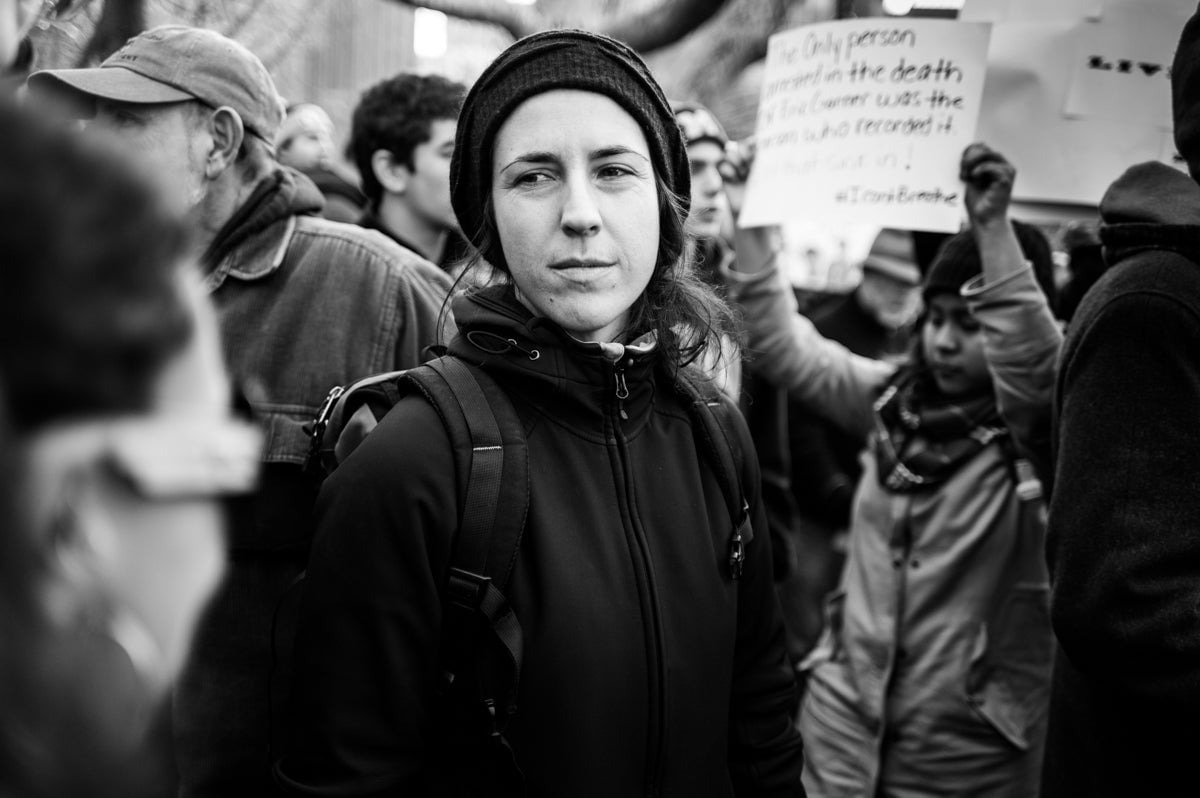
Marie-Eve, Quebec, Canada. Student. “Its important for everyone to protest when something is not fair, even when its not my country. Yeah, I love to protest. When protests are big and well organized, when you have media it can force people to act.”
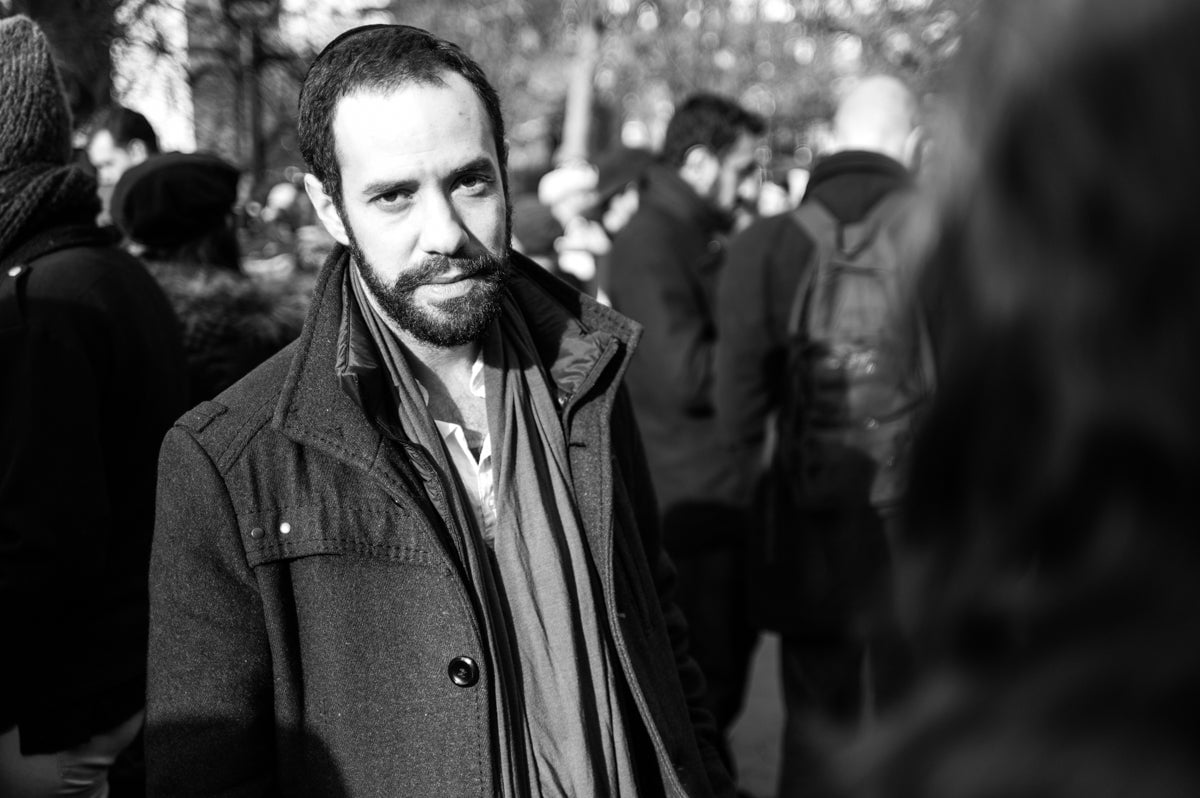
Yoni, 32, Jerusalem, Israel. Musician. “I feel a responsibility to stand up for justice. I’ve done it in Israel and Palestine for equality, I feel obliged to do the same here. It’s obvious that if your skin is dark here your life is not worth as much. I’ve been to similar protests for years in Israel. This protest may change the police’s attitude and maybe they will think twice before they commit this type of crime.”
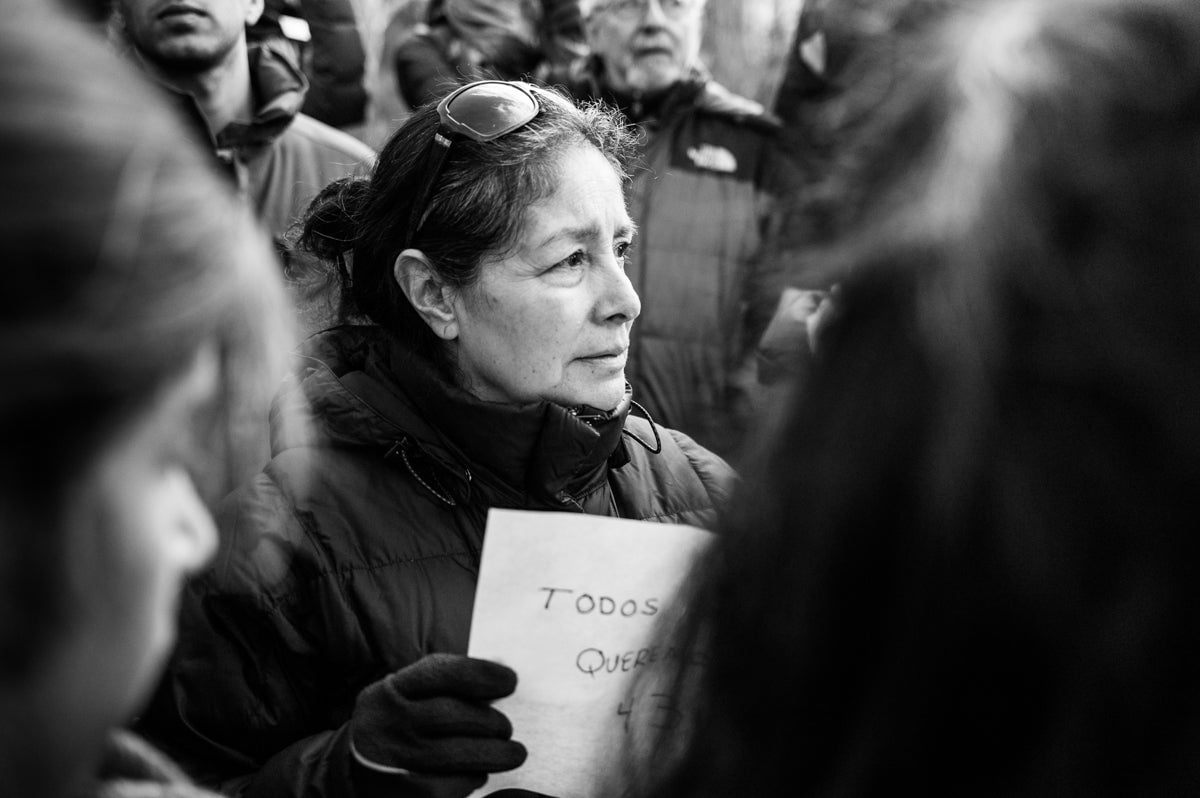
Asalia, Mexico City, Mexico. Microbiologist. “I wanted to raise awareness of the 43 missing students in Mexico and similar problems here, and the need to complain and seek justice.”
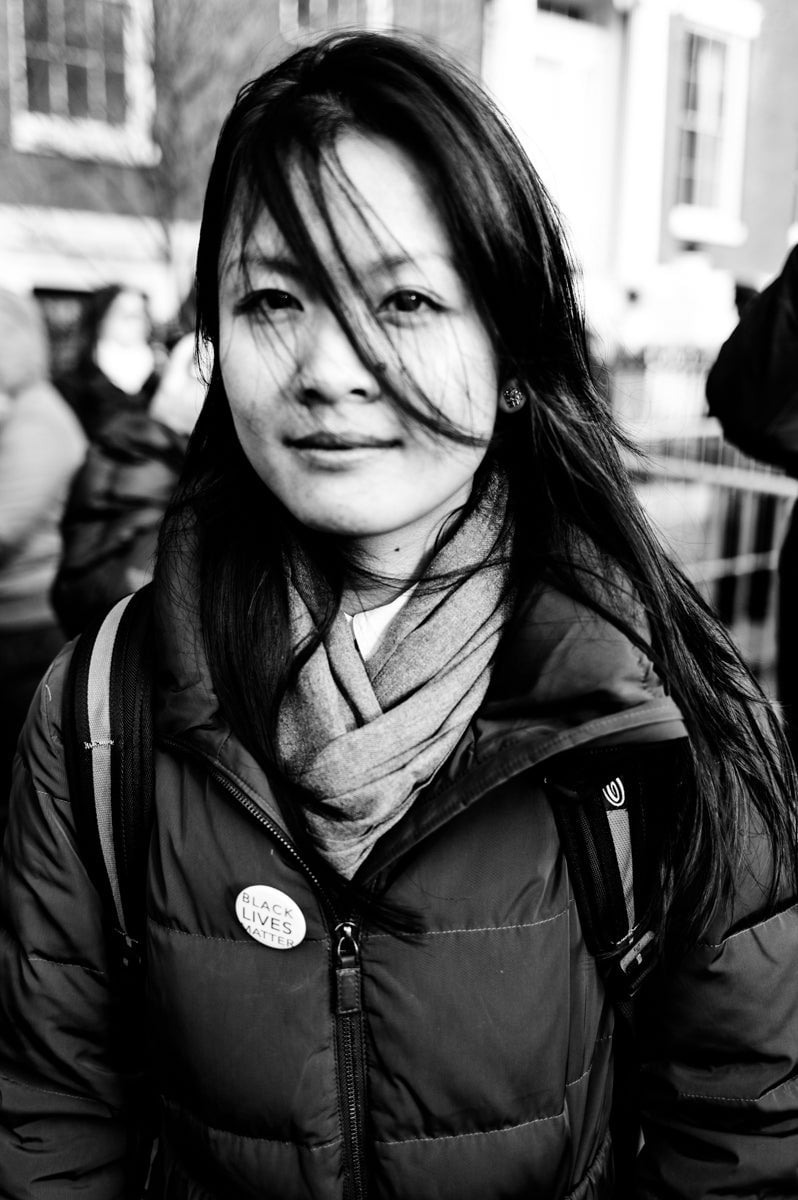
Loan, 26, Vietnamese, lives in New Jersey. Marketing. “I don’t know if protesting is more of the American part of my personality. Given how restricted Vietnam is, probably not.”
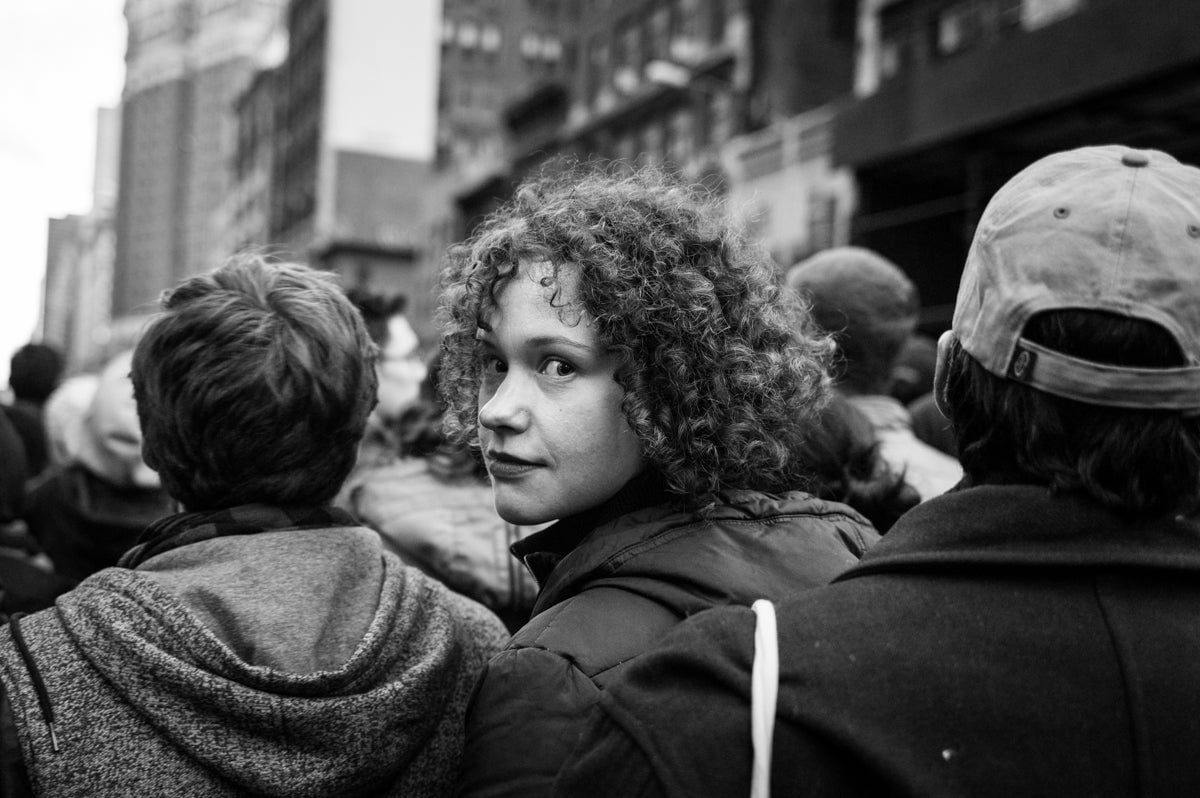
Sonya, 26, Russia. Student. “I’m here because I feel solidarity. I’m more likely to attend such rallies in Russia, though, because most American news doesn’t affect me as much. I don’t think anything concrete will come out of the protest. Still, it’s important as part of a larger movement”.
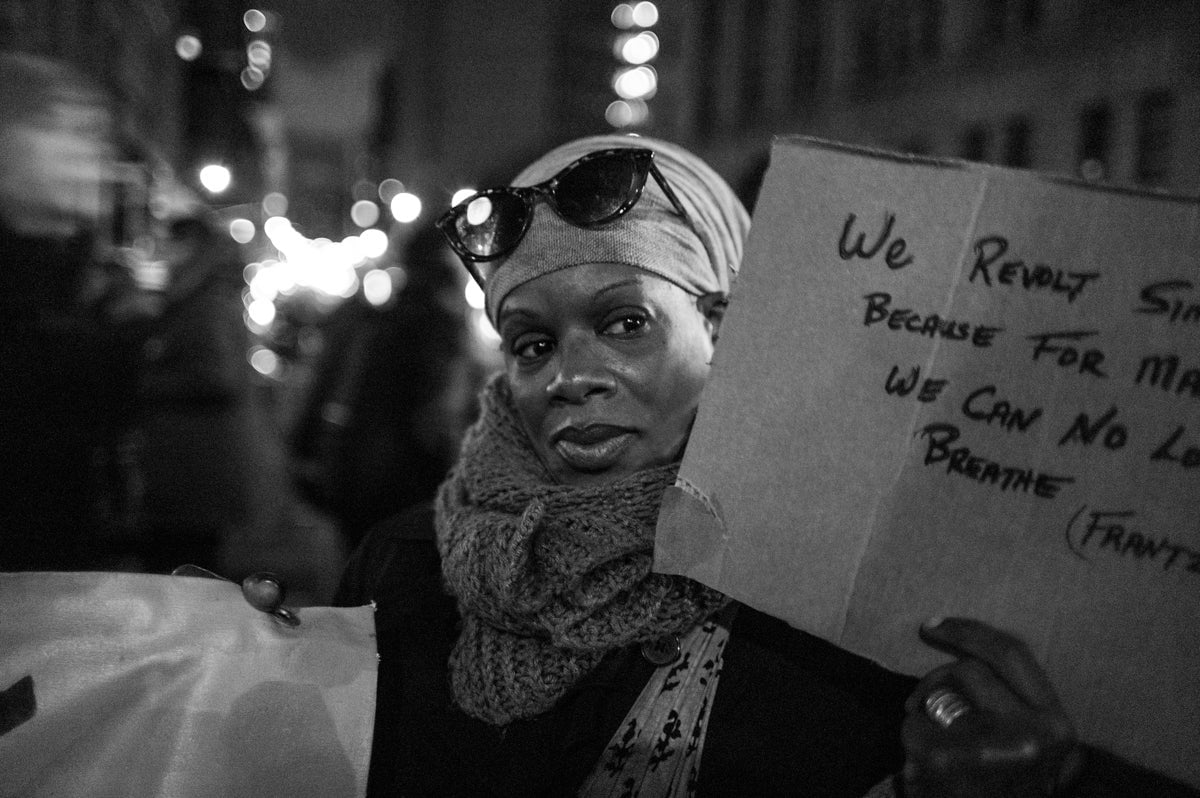
Christine-Louise, Trinidad. Activist for Domestic Workers United. “I was politicized in the 1970s by seeing how profound protest was for black rights , and I used to attend rallies in Trinidad. I thinks this protest will make a difference, because protests in the 70s were organized by students and I see that here, it’s young people. It will make people look at their practices and reform.”
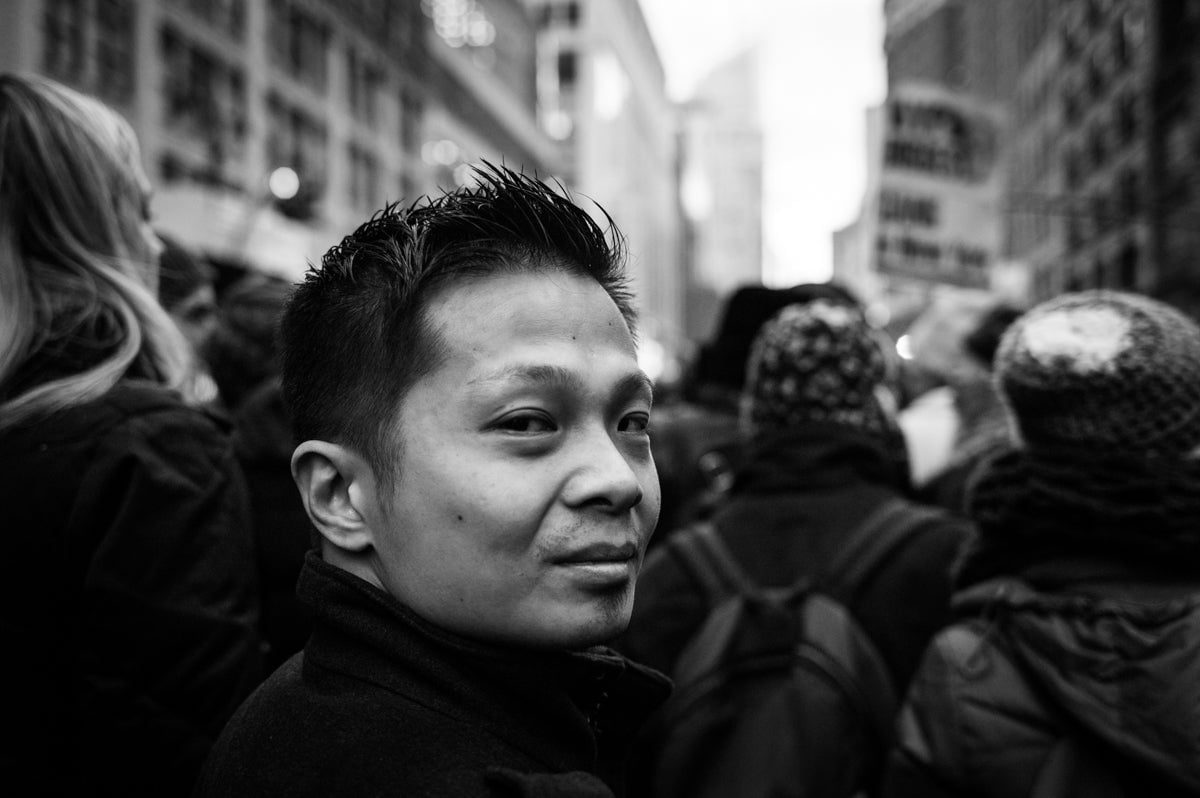
Nick, 35, Hong Kong/New Jersey. Chef. “I want to participate in a movement. It doesn’t matter where it is. I’d go to a rally in Hong Kong. It’s really up to the people in power—this protest is just a show of unity.”
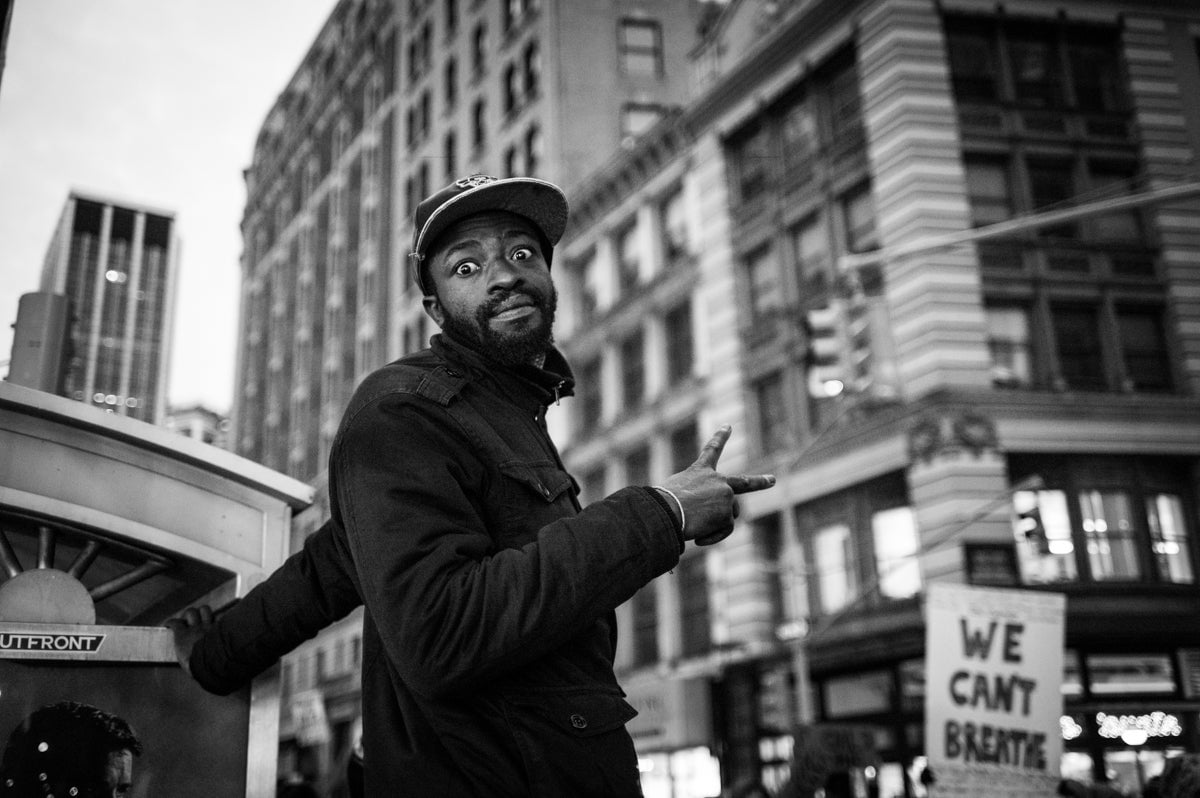
Assan-Kamara, 29, Sierra Leone. Businessman. “These cops should stop killing innocent people. The protest will make a big difference because I see strength in numbers. I’m impressed that people are using the road, not just the sidewalk.”
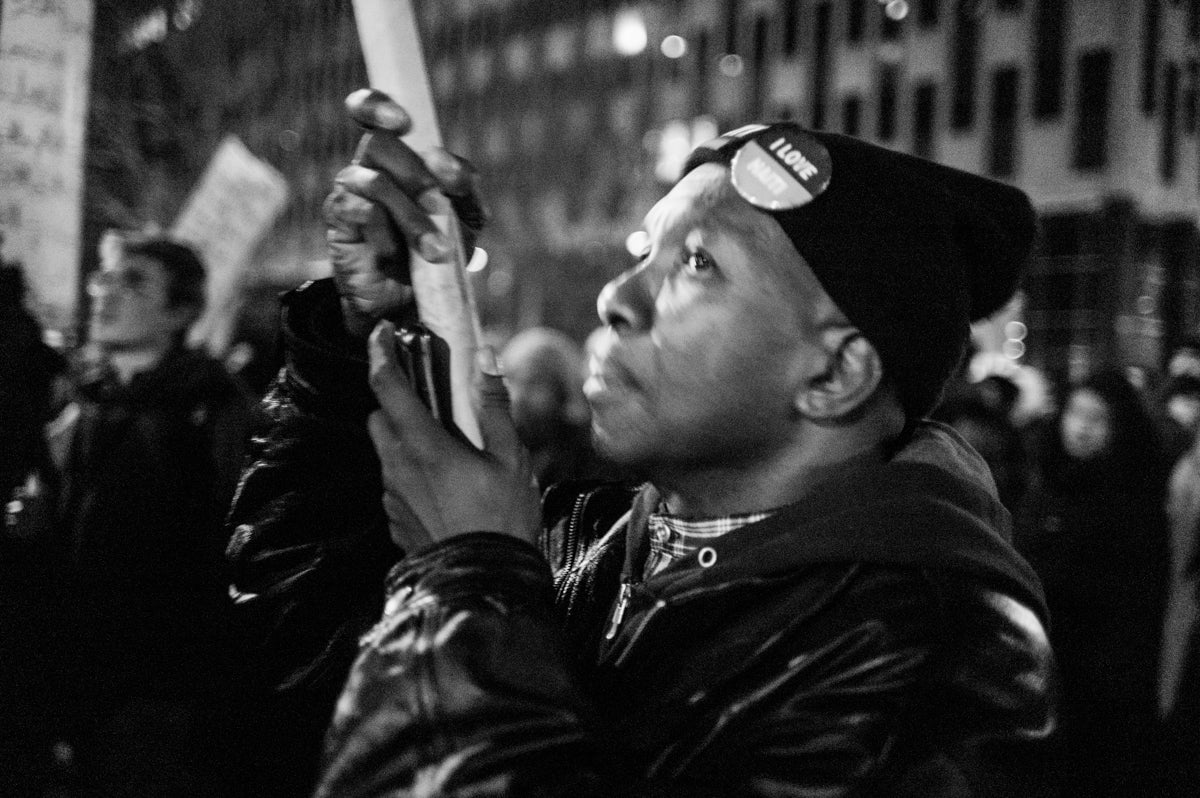
Vincent, 55, Haiti. Taxi-driver. “Haitians are often harassed by cops so I came out to support Garner and Brown’s families. I would absolutely protest in Haiti. Protest must make a difference because if cops are not indicted people will continue to go to the streets.”